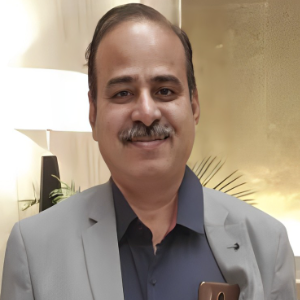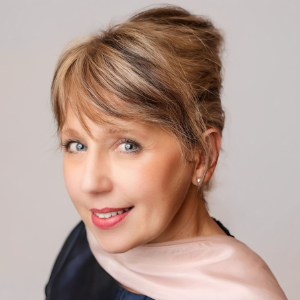The human hair cycle is an important part of the body's natural process of skin renewal. This cycle is divided into three different phases: anagen, catagen, and telogen. Each phase of the hair cycle reinforces and replaces the hair on the head and causes changes in the structure of the hair. The anagen phase, also known as the active growth phase, typically lasts for two to six years. During this phase, hair cells rapidly divide and move upwards the inside of the hair follicle. This rapid division of cells is what causes the hair to remain at its regular length and thickness. After this stage, the cells start to die off and are replaced by new cells, causing my hair shaft to become wider and shorter. The next phase of the hair cycle is the catagen phase, also called the regressive phase. During this stage, the outer sheath of the follicle begins to shrink and the hair begins to detach from its base. Also, the base of the follicle stops producing new cells, resulting in a shorter hair. This stage usually lasts for two to three weeks. The last phase is the telogen phase, or resting phase. During this stage, the hair follicle is completely dormant and does not produce new cells. It generally lasts for around 100 days. At the end of this phase, the old hair is shed and a new anagen phase begins. The repeated cycles of the hair cycle are important to maintain healthy hair growth and to prevent hair loss. The hair cycle also affects the texture, color, thickness, and overall appearance of the hair. With the help of regular in-salon trims and treatments, and proper at-home hair care, people can manage their hair cycles and ensure that their hair remains healthy.

Ravi M Rathod
KMCRI, India
Dechelette Corinne
La Peau Autrement, France
Irina Sergeeva
Novosibirsk State University, Russian Federation
George Sulamanidze
Plastic Surgeon at Clinic of Plastic and Aesthetic Surgery and Cosmetology TOTALCharm, Georgia
Nino Tsamalaidze
Ltd Karabadini+, Georgia
Lina Petrossian
California University of Science and Medicine, United States
Surajbala Khuraijam
Manipur Health Services, India
Shrutimita Pokhariyal
Symbio, India
Yasser Mohammed Hassanain Elsayed
Egyptian Ministry of Health, Egypt



Title : Paraneoplastic Autoimmune Multiorgan Syndrome or PAMS: Paraneoplastic pemphigus revisited
Sergei A Grando, University of California Irvine, United States
Title : Modern non-invasive methods for in vivo assessment of skin
Georgios N Stamatas, SGS, France
Title : Personalized and precision dermatology through the view of biodesign-inspired translational & data-driven applications: Revolutionary skin treatments for every concern in clinical dermatology integrating skin care experts and consumers
Sergey Suchkov, N.D. Zelinskii Institute for Organic Chemistry of the Russian Academy of Sciences, Russian Federation
Title : The next generation of threads: Lifting, volumization, and biostimulation in one powerful triple action
George Sulamanidze, Plastic Surgeon at Clinic of Plastic and Aesthetic Surgery and Cosmetology TOTALCharm, Georgia
Title : Lymphoproliferative diseases in the practice of a dermatologist
Irina Sergeeva, Novosibirsk State University, Russian Federation
Title : Art, skin, and dermatology: Interdisciplinary perspectives
Dechelette Corinne, La Peau Autrement, France
Title : Comparative efficacy of omalizumab and dupilumab in children with Chronic Spontaneous Urticaria (CSU): A retrospective cohort analysis
Molynna Nguyen, University of Toledo, United States
Title : "Mirror mirror on the skin” — A low-cost community strategy to reduce melanoma disparities in Washington, D.C.
Kayla Sampson, Georgetown University School of Medicine, United States
Title : Vitiligo: Not just an aesthetic disorder
Mateja Starbek Zorko, University Medical centre Ljubljana, Slovenia
Title : Personalized and Precision Medicine as a unique avenue to have the healthcare model renewed to secure the national biosafety: Advanced skincare solutions in individualized cosmetology, reconstructive plastic surgery and the modern beauty
Sergey Suchkov, N.D. Zelinskii Institute for Organic Chemistry of the Russian Academy of Sciences, Russian Federation